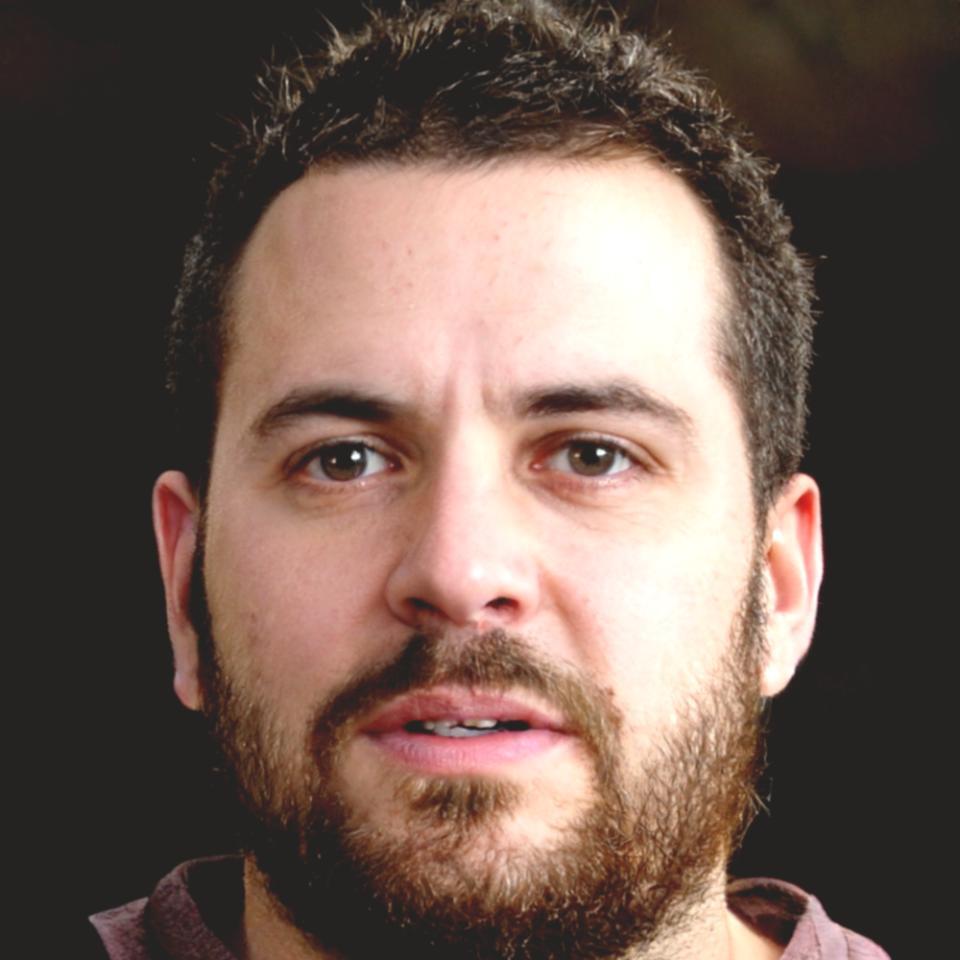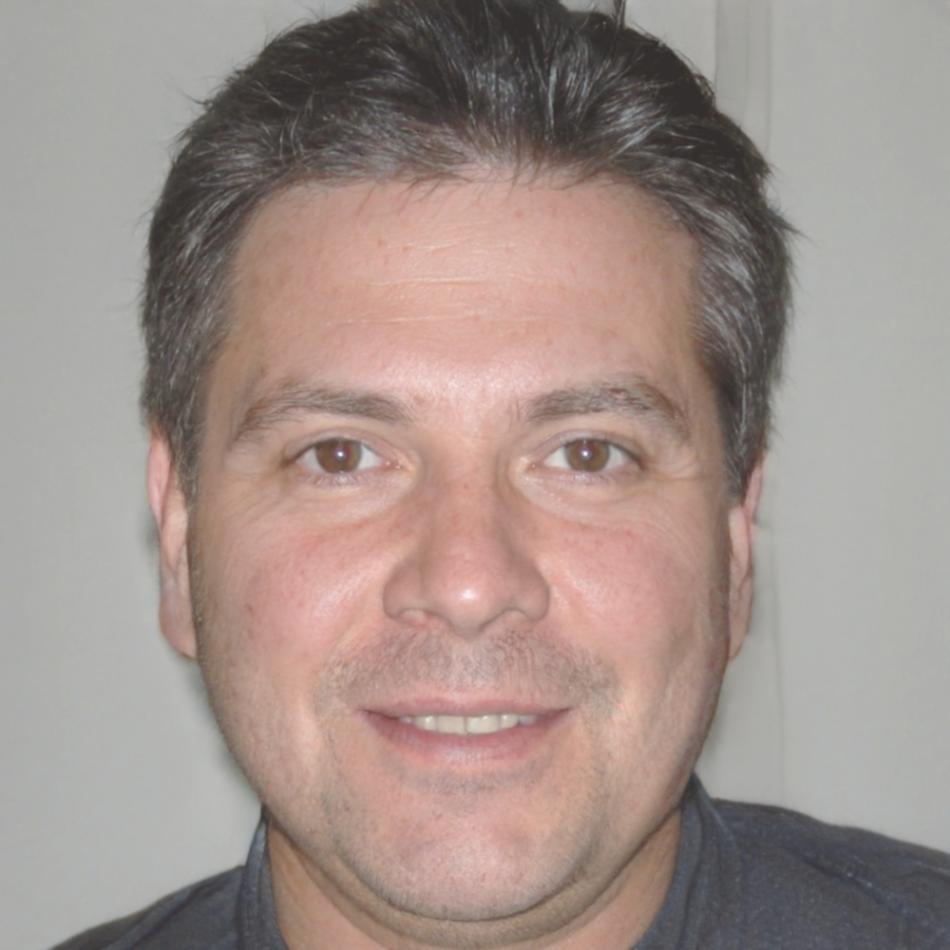How We Started
Back in 2019, I was sitting in yet another corporate training session about "cutting-edge" financial modeling. The presenter was clicking through slides full of theoretical concepts that had little connection to real market conditions.
That's when Fletcher and I decided something had to change. We'd both spent years working with actual portfolio data, dealing with real client concerns, and watching how traditional education missed the mark completely.
We started zelquinavora because we wanted to teach financial analysis the way it actually works - messy data, market uncertainty, and all.
What began as weekend workshops for colleagues has grown into comprehensive programs that prepare students for the financial realities they'll face. We focus on practical application because that's what creates confident analysts.





